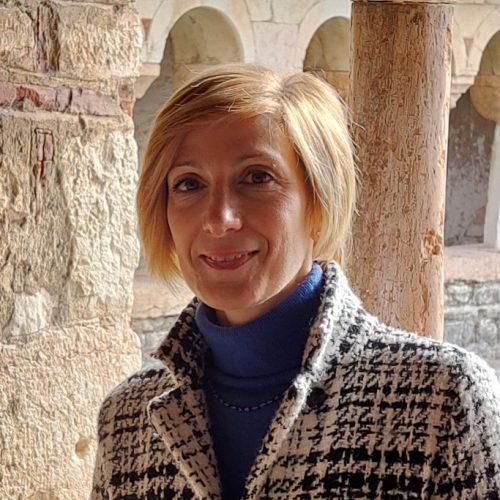
In terms of the variety of styles, none of which prevails, Verona is unrivalled among Italian cities apart from Rome.
Hill, river, Roman arches next to Gothic arcades...
... they say that Verona is romantic, it is picturesque...
(Quoted by Guido Piovene, Il viaggio in Italia)
In Verona there are Roman ruins, medieval buildings and elegant Renaissance palaces, monuments all testifying to a thousand years of history. The city walls, the urban layout that has remained intact since Roman times, the characteristic frescoed facades, Erbe square and Signori square where the city life pulsates, all form the backdrop to the romantic legend of the world's most famous lovers, Romeo and Juliet.
Verona is vital, in the past it was the capital of the Germanic kingdom and a crossroads of cultures, and even today it is still an important commercial hub for the north.
For over a century in the Arena passions and dramas of the operas come to life, the music and the "bel canto" resound in the world's largest open air theatre, fascinating thousands and thousands of spectators from all over the globe.
Born and raised in the surroundings of Verona, I studied foreign languages and literature with historical address in the city.
After graduation in foreign languages and literature, I worked in a private company for about ten years, I specialized in marketing with a master degree in the U.S., then I travelled the world from east to west. Thanks to this previous experience, I learned about cultures that are far from ours, but just as fascinating.
In 2006 I was at a turning point in my life and one year later I qualified as a tour guide in Verona. Since then, I have been regularly attending courses on subjects such as history, art and literature to keep myself up to date.
I love art and my city, Verona, recently I attented a new course on contemporary art, that has opened up new horizons to me.
When I am guiding travellers I tell the story of the city, but not only, I tell about art and traditions, I am lucky enough to know a lot of people from many countries, I like to exchange views with those I meet every day, and this teaches me to see Verona with new eyes.
I also like working with children, who experience a constant wonder at what surrounds them.
In my opinion Verona deserves to be visited at a relaxed pace, to savor the atmosphere and take in all its nuances.
Early in the morning, at the hour of the first coffee, take a stroll in the city to wake up with locals and discover the most authentic Verona.
Take the time to walk with me along the less crowded alleys, to get to know the most charming neighborhoods, such as Duomo or San Zeno, my favourites.
Let me guide you into the many museums in Verona, such as the Castelvecchio Museum and the Maffei House Museum, to discover all the treasures an to follow a path from the ancient to the contemporary and observe not only the works of art, but also the details of the installations.
If you have a few days available, I would also suggest to take a trip to the surroundings of Verona, from Valpolicella, the land of Amarone, where the renowned tradition of wine is combined with the heritage of historic villas, to the Soave area, and don't miss Lake Garda, with its unforgettable landscapes and characteristic villages.
A web site of
Ass. ASSOGUIDE VERONA
Via Maggi, 7
37121 VERONA
C.F.: 03238250231